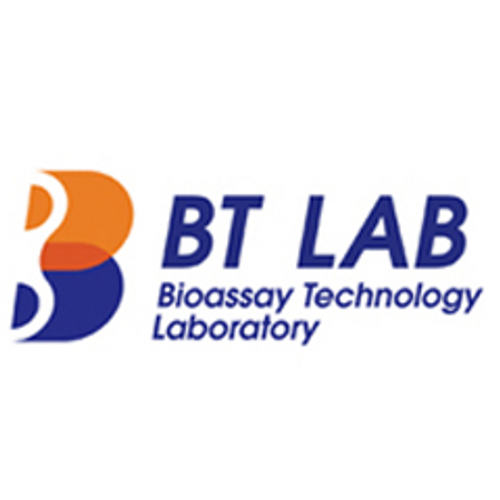Product Description
Mouse Soluble protein-100 (S-100) ELISA Kit | AE20942MO | Abebio
Species Reactivity: Mouse (Mus musculus)
Abbreviation: S100A1
Alternative Name: S100; S100-alpha; S100A; S100 alpha|S100 calcium-binding protein A1|S100 protein; alpha polypeptide
Application: ELISA
Range: 15.6-1000 pg/mL
Sensitivity: 6.4 pg/mL
Intra-Assay: ≤3.8%
Inter-Assay: ≤7.3%
Recovery: 1, 05
Sample Type: Serum, Plasma, Other biological fluids
Detection Method: Sandwich
Analysis Method : Quantitive
Test Principale: This assay employs a two-site sandwich ELISA to quantitate S100A1 in samples. An antibody specific for S100A1 has been pre-coated onto a microplate. Standards and samples are pipetted into the wells and anyS100A1 present is bound by the immobilized antibody. After removing any unbound substances, a biotin-conjugated antibody specific for S100A1 is added to the wells. After washing, Streptavidin conjugated Horseradish Peroxidase (HRP) is added to the wells. Following a wash to remove any unbound avidin-enzyme reagent, a substrate solution is added to the wells and color develops in proportion to the amount of S100A1 bound in the initial step. The color development is stopped and the intensity of the color is measured.
Product Overview: A1is a member of the S100 family of proteins containing 2 EF-hand calcium-binding motifs. This protein may function in stimulation of Ca2+-induced Ca2+ release, inhibition of microtubule assembly, and inhibition of protein kinase C-mediated phosphorylation. Reduced expression of this protein has been implicated in cardiomyopathies. S100A1 overexpression enhances cardiac contractile performance which suggests that S100A1 is a regulator of myocardial contractility. S100A1 improves cardiac performance both by regulating calcium ion handling by the sarcoplasmic reticulum and the responsiveness of myofibrils to calcium ion.
Stability: The stability of ELISA kit is determined by the loss rate of activity. The loss rate of this kit is less than 5% within the expiration date under appropriate storage condition. The loss rate was determined by accelerated thermal degradation test. Keep the kit at 37°C for 4 and 7 days, and compare O.D.values of the kit kept at 37°C with that of at recommended temperature. (referring from China Biological Products Standard, which was calculated by the Arrhenius equation. For ELISA kit, 4 days storage at 37°C can be considered as 6 months at 2 - 8°C, which means 7 days at 37°C equaling 12 months at 2 - 8°C) .
 Euro
Euro
 USD
USD
 British Pound
British Pound
 NULL
NULL








